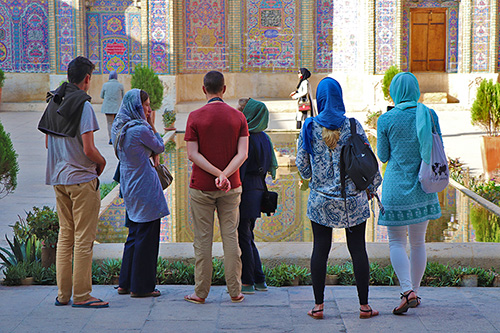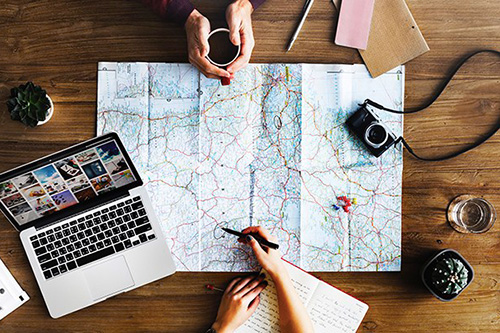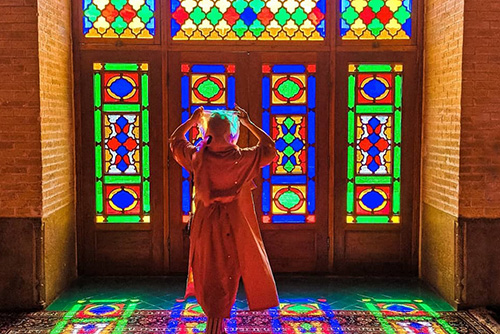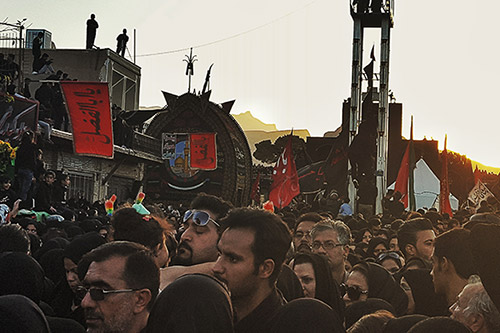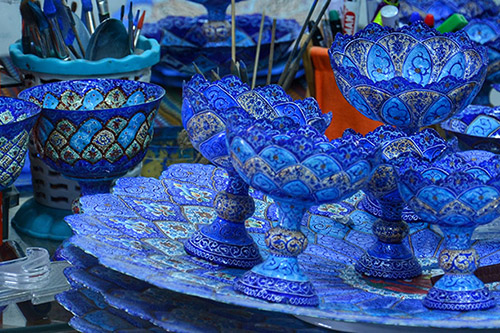 Signin with Google
Signin with Google Signin with Facebook
Signin with Facebook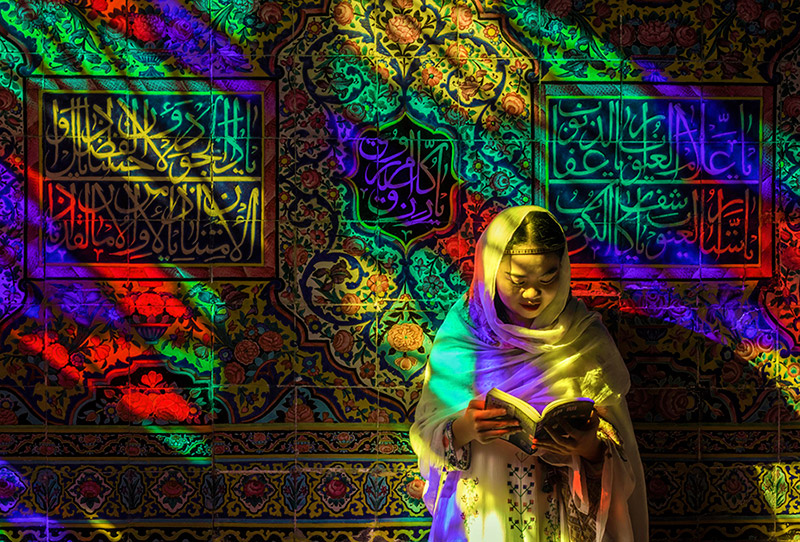
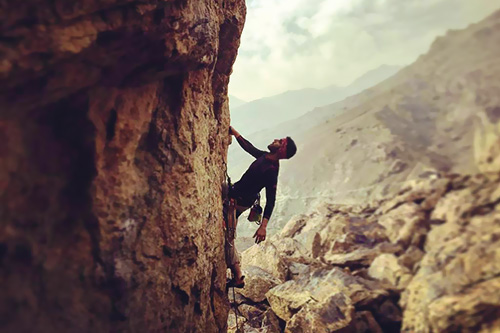 About Iran,Survival Tips
About Iran,Survival Tips5 Limitations You Should Know while Visiting Iran
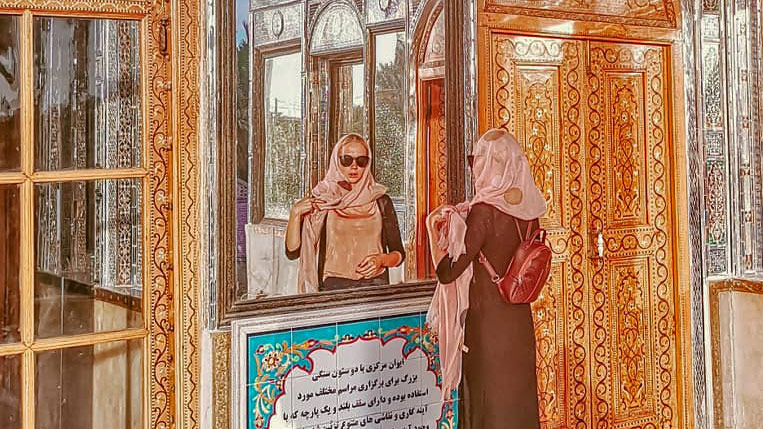
If travelling to Iran offers quite the same possibilities as many other countries, there still exist some limitations that you would better be aware of while preparing your trip. They might appear unusual to western tourists and are often trivial as these limitations always have their bypass! Here are the main restrictions that you can expect to encounter in Iran:
1. Filtered Internet in Iran
We are all more or less addicted to our social media, and it's odd on that you will quickly want to share a picture of your first visit in Iran, or simply get in touch with your relatives to tell them you had a safe trip. Unfortunately, in Iran, some websites and their mobile applications are filtered. It means that you cannot access them normally. It's the case for Facebook, Telegram, and several others. When you try to open the page or the application, it simply doesn’t work. Yet, it doesn't concern many useful applications such as Whatsapp and Instagram. For those latter, you can use them normally. For the ones which are filtered, you can simply use a "VPN" by downloading an app on your mobile. It will grant you access to all filtered websites. To know all about the internet in Iran and choose the right VPN, read our article "Internet in Iran; How to Access to Social Media"
2. No international credit card
One of the most important things travellers must know before going to Iran is that it is impossible to pay with a Visa, Mastercard, or any other international Credit Card. Due to international sanctions, the Iranian banking system is isolated from the rest of the world and thus has its own payment system. It means that visitors must bring all their budget in cash, as their credit card won't work in any ATM. Of course, there are some alternatives to facilitate your trip to Iran, such as prepaid Iranian credit card such as Daric card, owing to which you won't have to carry too much cash with you. It is also sometimes possible to pay with your credit card in some big shops, like carpet shops, but there is an important commission for the transaction. To get ready to master the Iranian currency and have all the tips and tricks to pay in Iran, read our article "How to use Money and Currency in Iran"
3. Wearing Hijab is mandatory for women
Whether you're a simple visitor or not doesn't make any difference: according to Iranian law, it is mandatory to wear hijab for women in public spaces in Iran. Yet, the law isn't too strict, and you will have the opportunity to see many Iranian women wearing hijab in a very loose way which shows most of their hair. Major cities like Tehran and Shiraz have a really liberal atmosphere and wearing hijab is a simple formality. As a consequence, there is no need to get scared if your scarf falls down from time to time: simply put it back into place, nobody will be offended. Also, you can wear all sorts of fabrics and colours. Wearing hijab is the only specific regulation concerning women clothing, however, they also are expected to wear decent clothing which mainly means covering legs and arms. For men, wearing short pants is also forbidden. To know everything about Iran's dress code, read our article "What to Wear in Iran? A Dress Code Guide for Traveling to Iran"
4. Alcohol is forbidden in Iran
There is a lot of entertainments in Iran but don't expect to drink Shirazi wine or beer by the end of your day, as alcohol consumption is forbidden by the law in Iran. Thus, you won't find any in cafes and restaurants. However, it shouldn't be a big challenge, as there are so many typical beverages that can freshen you up during your trip to Iran. Called "Sharbat", they can be drunk fresh or hot and are usually made of fresh juice, seeds and flower waters. You can also order non-alcoholic beers. In big cities of Iran, such as Tehran, Isfahan, Shiraz, people use to gather in cafes during the evening, just like in Iran, to enjoy the nightlife just as you do.
5. Signs of affection are restricted in public
In Iranian and Muslim culture, demonstration of public affection is quite limited, which you must be aware of if you travel to Iran with your companion. Men and women are usually separated in transportations, and physical contacts are limited in public. People can hold hands, even more, if they are married, but kissing would be unappropriated. However, it's common to hug people while greeting them, and Iranians also kiss on the cheeks to say hello. Yet, with someone you have just met, the usual greeting is to shake hands. Some people prefer to simply wave hands. If you're meeting an Iranian, in order to avoid any faux-pas, it's best to let the other one initiating the greeting. It's not a major issue, just a matter of respecting local customs. And if you are travelling with your wife or companion, don't worry, it's not complicated either. You can read our article "Traveling to Iran as a Couple" to have all the information about it.
